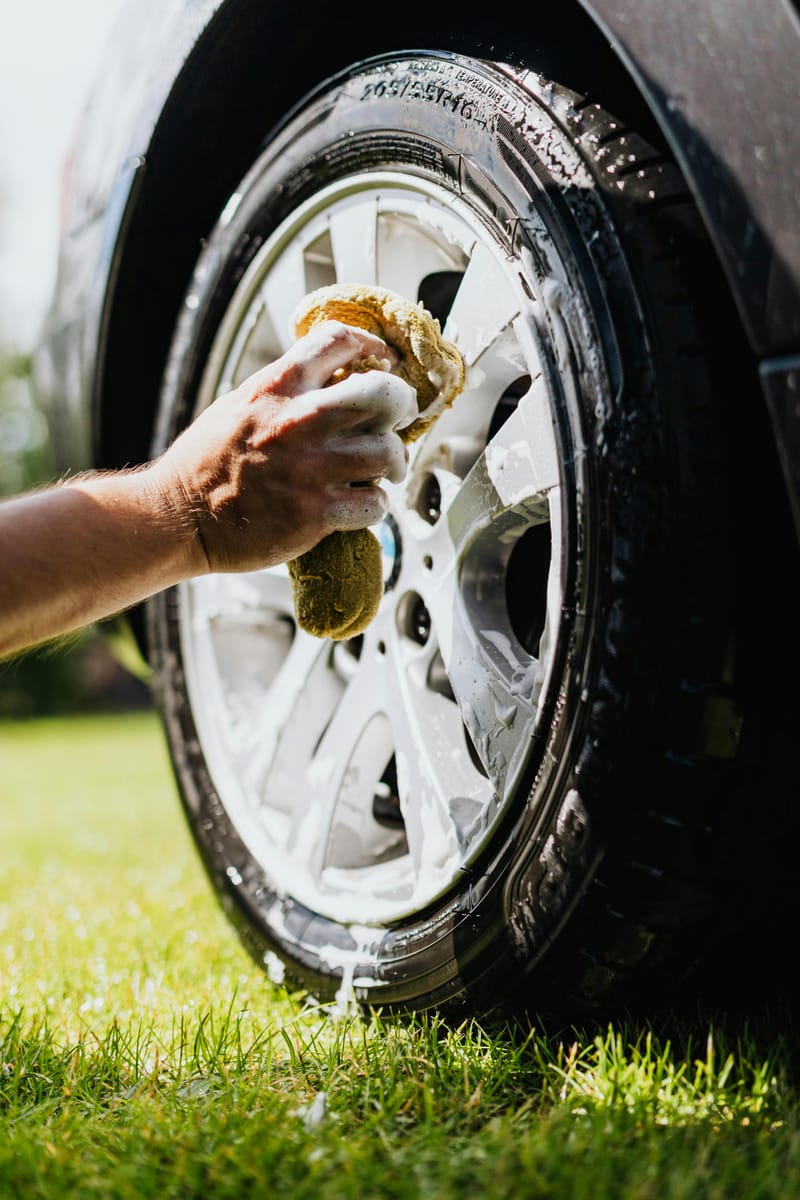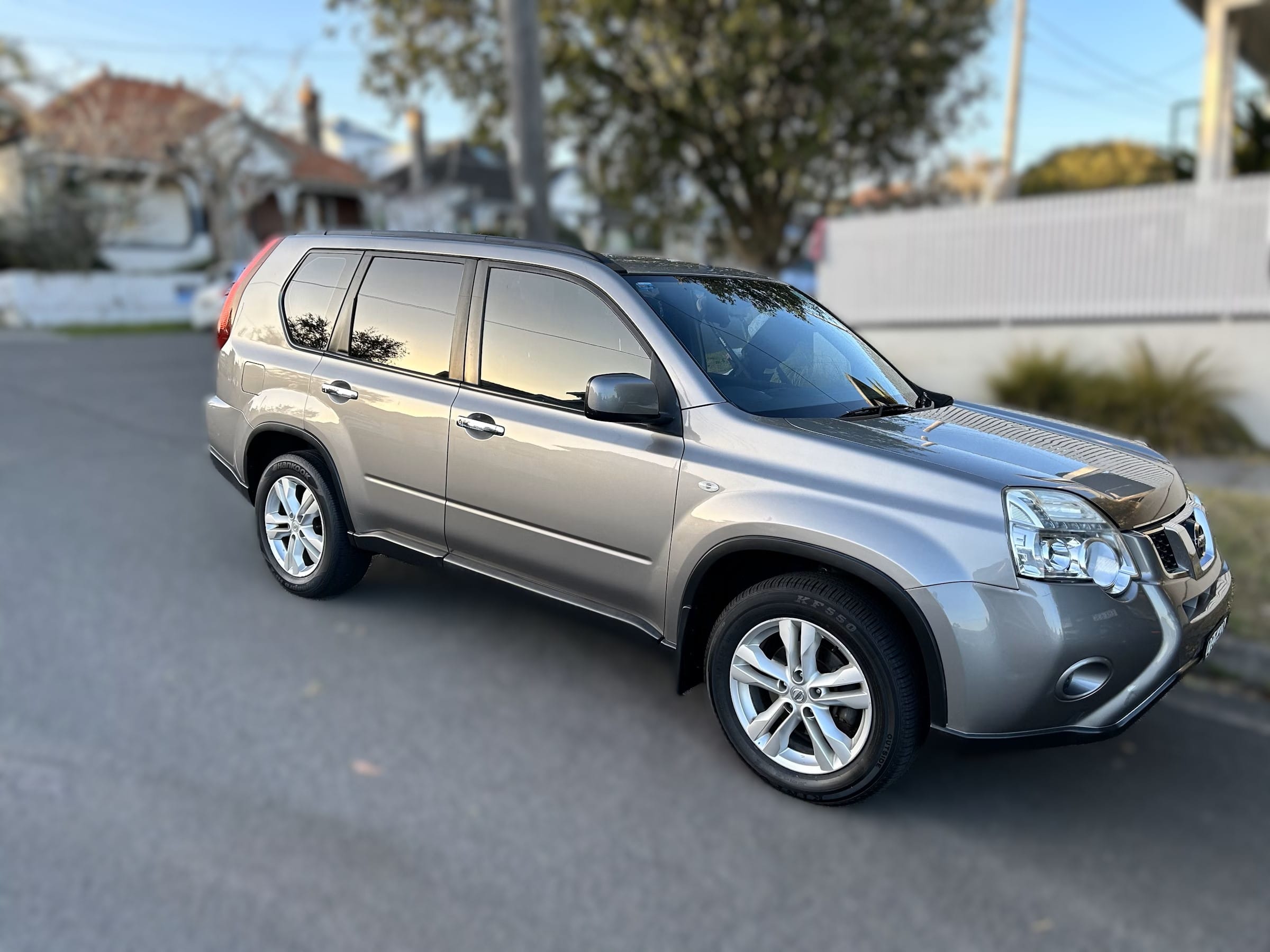The typical person travels 10,000–12,000 Kilometers per year in their car. According to Bridgestone Tires high-quality all-season tires typically last three to five years, depending on variables like maintenance, driving style, and environmental conditions. So, are you keeping track of how long your tires have been on the road? Tires are a crucial part of your vehicle, and understanding their lifespan can save you time and money in the long run. Read this guide by Drive mate to understand the factors that impact tire longevity and discover some tricks to extend tire life.

Factors Affecting Tires Lifespan
Ever wondered why some tires seem to last forever, while others wear out quickly? Well, there are several factors that can impact the lifespan of your tires.
1. Road Conditions
The condition of the road significantly affects tire durability. Rough roads, filled with potholes and debris, pose a greater risk of tire damage compared to smooth highways. Potholes and debris on the road surface can cause uneven wear and tear on tires, leading to quicker deterioration. Therefore, driving on well-maintained, smooth roads can help extend the lifespan of your tires, reducing the frequency of replacements and saving you money in the long term.
2. Driving Habits
Your driving style greatly impacts tire longevity. Rapid acceleration, sudden braking, and sharp turns accelerate tire wear. Drivers who consistently accelerate quickly or take corners sharply can significantly reduce the lifespan of their tires. Smooth, gradual driving, on the other hand, helps preserve tire tread and ensures they last longer. Thus, adopting a calmer driving approach can extend the mileage you get out of your tires, ultimately saving you money in the long run.
3. Weather
Weather conditions also impact tire performance. Extreme heat can speed up the breakdown of rubber compounds in tires, leading to faster wear and tear. Conversely, freezing temperatures can cause the rubber to become stiff and brittle, making it more susceptible to cracking. It's important to consider the effect of weather on your tires and adjust your driving habits accordingly. Regular inspections and maintenance can help mitigate the effects of extreme weather conditions, ensuring your tires last longer and perform optimally.
4. Tire Quality
Tire quality is crucial for longevity. Opting for high-quality tires crafted from durable materials ensures they last longer. These materials are better equipped to withstand the wear and tear of everyday driving. It's essential to recognize that tire lifespan is influenced by various factors, including driving habits, road conditions, and weather. By investing in quality tires and considering these factors, you can maximize the lifespan of your tires and ensure safer travel on the road.

Signs Your Tires Need Replacing
Tread Depth: Make sure your tires have a tread depth of at least 2/32 of an inch. Low tread depth raises the chance of sliding on wet roads and decreases grip. This can be dangerous, especially when driving in rainy conditions. Checking your tread depth regularly is important for road safety.
Visible Damage: Regularly check your tires for cuts, cracks, bulges, or punctures. These issues can weaken the tire’s structure and make it unsafe. Inspecting your tires often helps ensure they remain in good condition, reducing the risk of accidents or blowouts while driving. It's vital for your safety on the road.
Vibrations or Shaking: Be alert to vibrations or shaking in the steering wheel while driving. These feelings could signal uneven tire wear or internal damage. Addressing these issues promptly is essential for maintaining vehicle stability and safety on the road. Regularly monitoring for such signs helps ensure a smooth and secure driving experience.
Unusual Noises: Pay attention to any strange noises from your tires while driving. These sounds might indicate underlying issues requiring attention. Ignoring them could lead to further problems and compromise safety on the road. Promptly addressing unusual tire noises helps maintain vehicle performance and ensures a safe driving experience for you and others.
Decreased Performance: Keep an eye out for reduced fuel efficiency or handling performance, as this could mean it's time for new tires to stay safe on the road. Addressing these changes promptly helps maintain vehicle performance and ensures your safety while driving. Regular monitoring is essential for a smooth and secure driving experience.

How to Extend the Life of Your Tires
Follow these simple tips to make your tires last longer and enjoy a smoother drive:
Maintain proper tire pressure: Ensure your tires are filled to the recommended PSI level. This helps improve fuel efficiency and reduce tire tread wear. Proper inflation maintains optimal performance and safety, benefiting both your vehicle and your wallet in the long run.
Rotate your tires regularly: To extend the lifespan of your tires and ensure even wear, periodically swap the front and rear positions. This simple practice helps distribute wear evenly across all tires, promoting safer driving and maximizing their longevity.
Drive smoothly: To improve fuel economy and prolong tire life, minimize abrupt stops and starts. Gradual acceleration and braking reduce strain on your tires, enhancing their durability and contributing to better gas mileage. Drive smoothly for safer and more efficient journeys.
Check wheel alignment and balancing: Ensure your wheels are properly aligned to prevent uneven tire tread wear. Misalignment can shorten a tire's lifespan. Regular alignment checks and adjustments help maintain even wear, ensuring your tires last longer and contributing to safer driving.

FAQs
1. How long do tires typically last?
Quality all-season tires can last 3 to 5 years, depending on factors like driving habits and road conditions.
2. What factors affect tire lifespan?
Driving style, road conditions, weather, and tire quality all impact how long tires last.
3. How can I tell if my tires need replacing?
Check tread depth, look for visible damage like cuts or bulges, and pay attention to vibrations or unusual noises while driving.
4. How can I extend the life of my tires?
Maintain proper tire pressure, rotate tires regularly, drive smoothly, and check wheel alignment and balancing.
5. Why is tire maintenance important?
Regular tire maintenance ensures safety on the road, improves fuel efficiency, and maximizes the lifespan of your tires.
Conclusion
As you focus on extending the lifespan of your tires through careful maintenance & consideration of various factors, Drive mate is here to support your journey on the road. Our commitment to safety and quality extends beyond car-sharing services. We understand the importance of reliable transportation, which is why we offer top-notch vehicles equipped with well-maintained tires. With Drive mate, when you rent a car you not only gain access to a community-driven car-sharing platform but also enjoy the peace of mind that comes with driving vehicles maintained to the highest standards. So, as you prioritize tire care, consider partnering with Drive mate for a safe and seamless driving experience every time.
Also read:
Tips to Avoid Running Out of Fuel While Renting a Car
Making Memorable Adventures: Road Trip Safety Essentials


